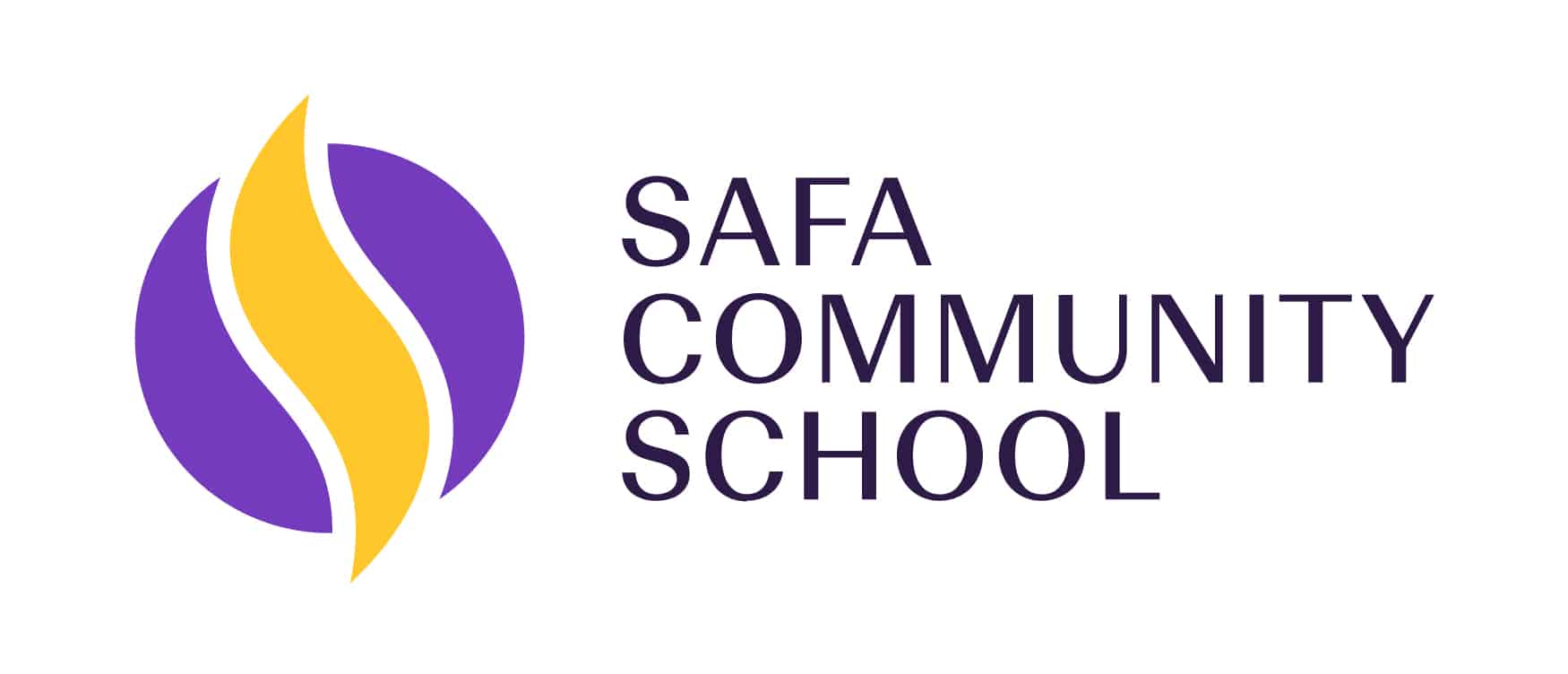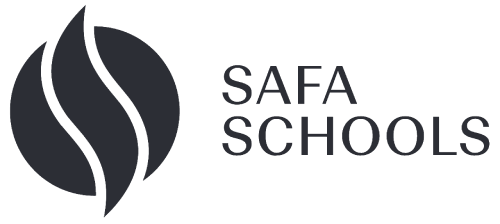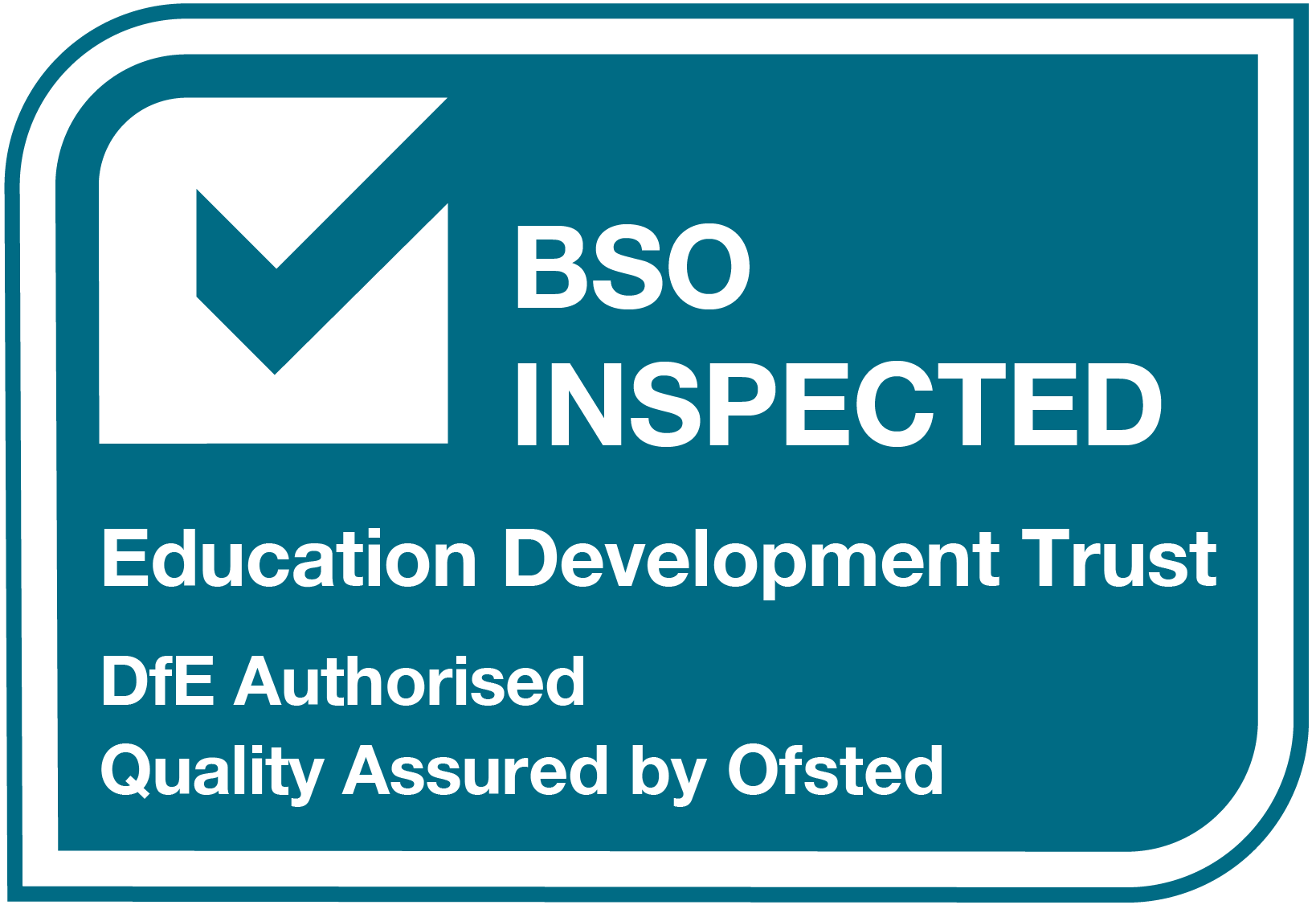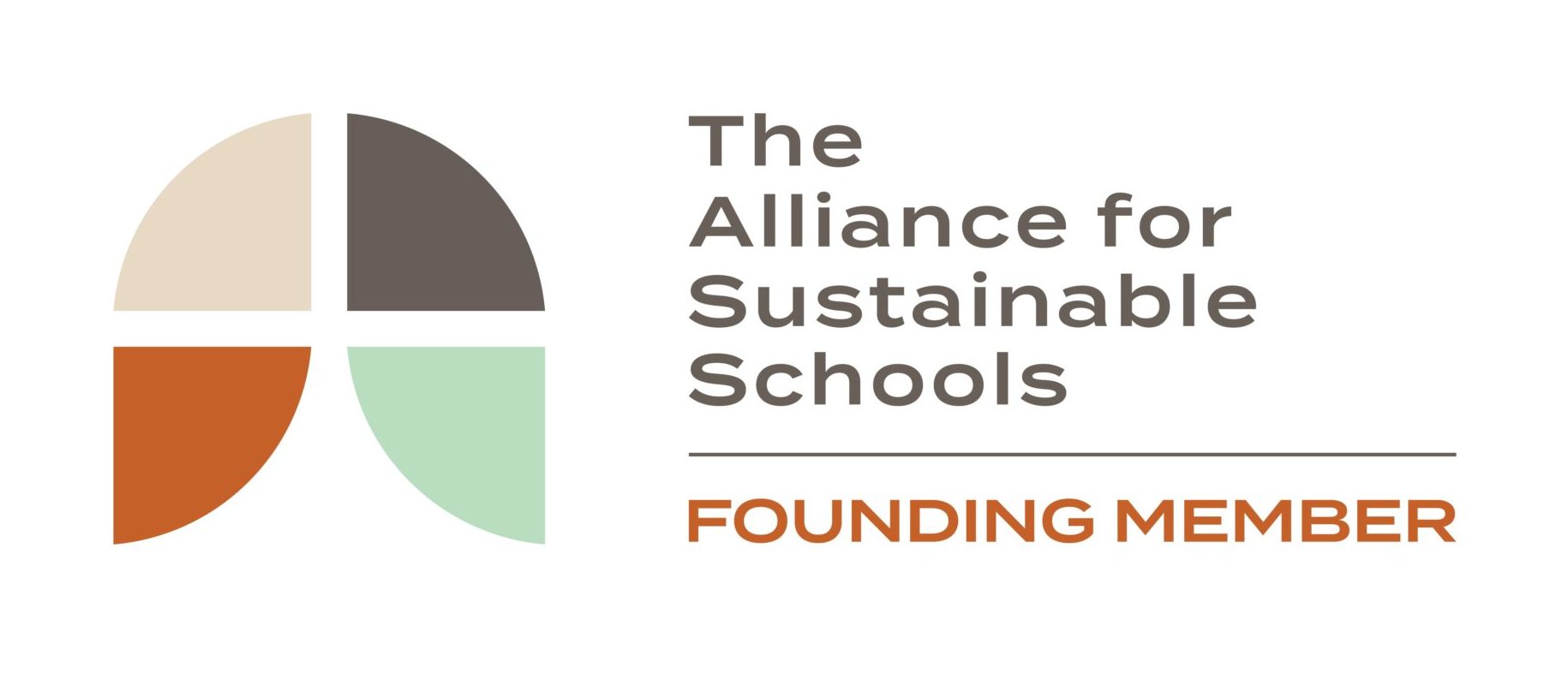Be Secure
Personal security is just as important in the digital world as it is in the real world. It helps to avoid theft & prevent damage to your devices & reputation. Being secure is more than just using a password. It is about considering the risks from using technology, protecting yourself against hackers & knowing what to do if you discover there is a problem. Children are allowed to access their individual Gmail accounts towards the end of term 3 and are taught the vital importance of a secure password for their progression into Year 7.
#SecureYourSecrets
Digital Safety
Ways to be Secure
I use strong passwords for my online accounts & protect my devices with a passcode. I only share these with my parents or trusted adult.
I keep my devices up-to-date with software & antivirus updates. I also routinely health-check my accounts by reviewing my device login history.
I know how to check websites are secure. If I use free wifi, I am aware that I am often sending private data.
Before I sign-up to a new site or download an app, I research reviews & think about potential risks involved.
If I discover a problem, I know how to report it & which adults I should inform to help me.





